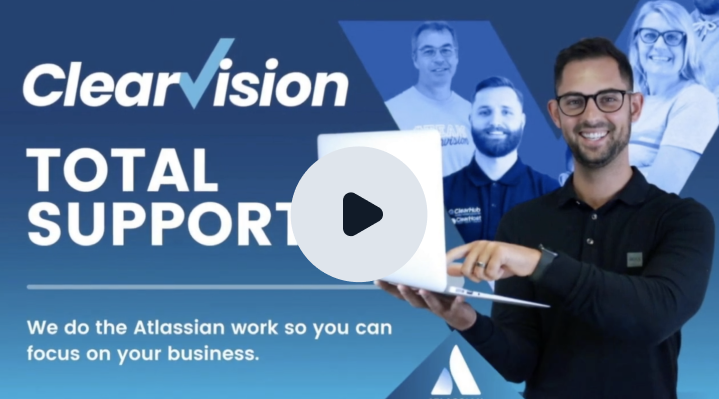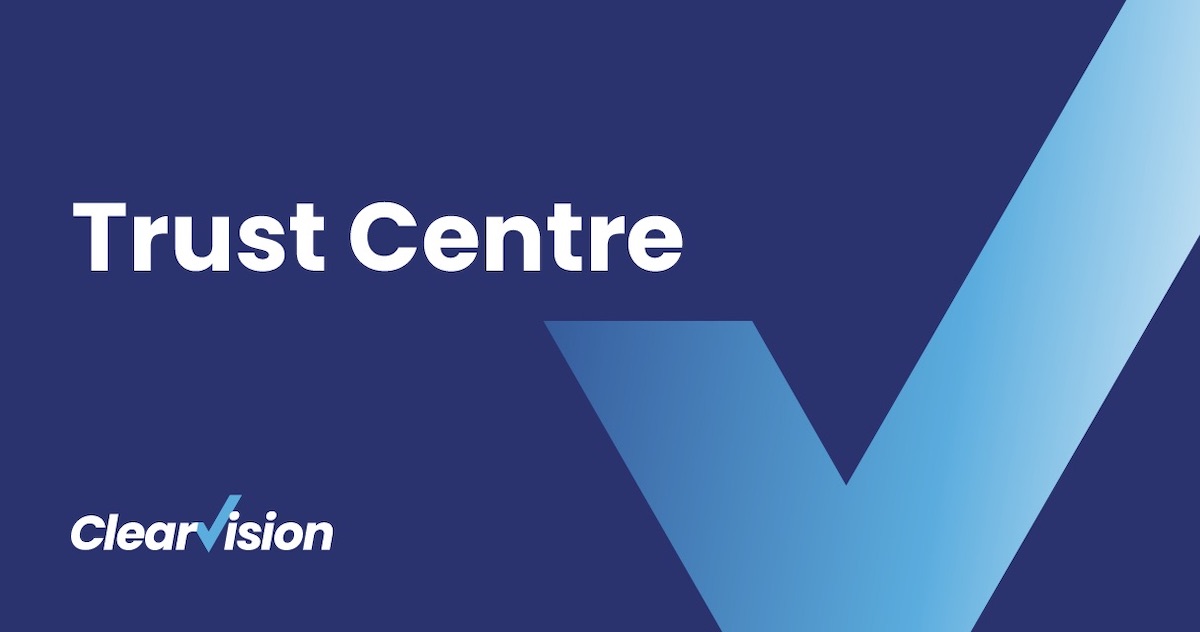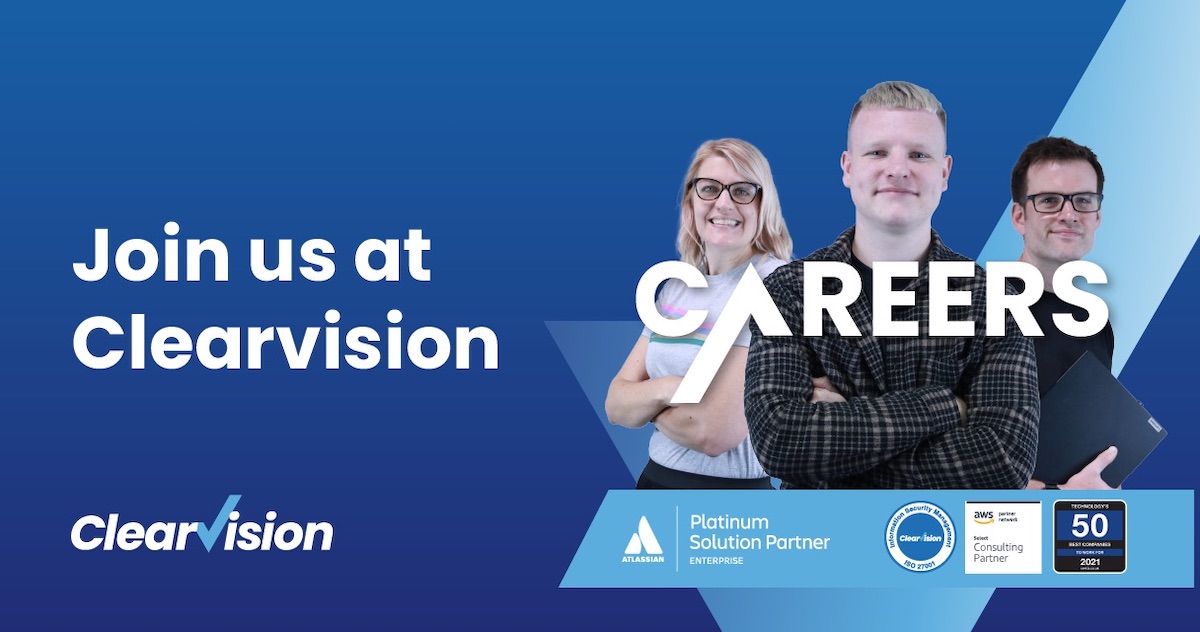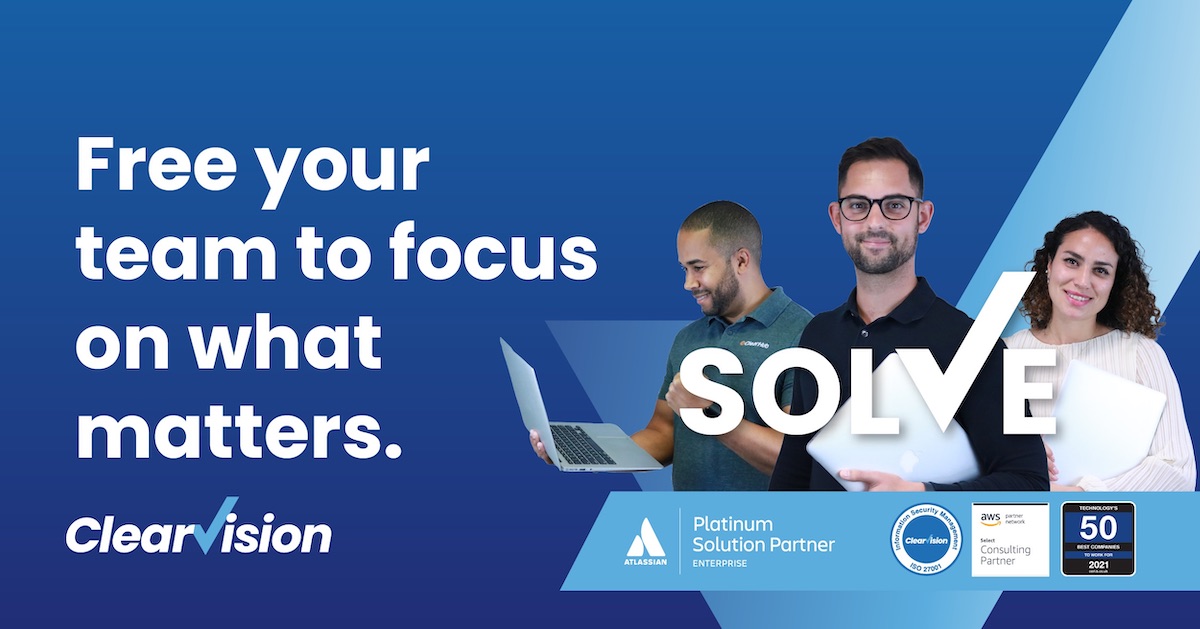We live in an age where many predictions of the future have survived long enough to embarrass themselves. In our lifetimes there are retrofuturistic portrayals of 2020 on record, and although we don’t have flying cars, Blade Runner successfully prophesied our current levels of air pollution!

Somehow, people manage to get employed as Futurologists (Business Astrologists), but no matter how forward-thinking your organisation, try to save your money and consider the following before hiring:
Technology adoption follows a predictable trajectory and software development isn’t any different. Some are looking for careers as overpaid Futurologists, but we’ll all end up working in an industry that looks more like hip hop than its current geekdom of technocratic wizards.
In stark contrast, we’ve accelerated towards a digital future whilst being surrounded by the embarrassingly outdated and the mind-blowingly inconceivable.
While some call centres still put people on hold to 90s jazz music, Barret’s customer support needed only 30 seconds to redirect the call to fix a Marine’s machine gun in the middle of an Afghanistan firefight.
Machine mass adoption
In medieval times monks, rabbis, and imams were monopolies tediously hand copying to publish religious texts. Printing presses enabled a broader redistribution of the means of production for those with both the financial and technological means. And now, home printers cost £35, and the technology has been fully democratised.
The early history of software development was dominated by an elite technocratic aristocracy. In 1883, Countess Ada Lovelace (Lord Byron’s daughter, and my personal hero) created the first programming language, greatly enhancing Charles Babbage’s early mechanical computer. She’d figured out how a machine that only understood numbers could be used to write letters and convey messages. This revolution created an exponential growth of uses, users, devices, and programming languages.
Within a short 150 years, it became the basis of Northern California’s server farms, built by well-financed oligarchies to mine our data.
Despite mass adoption, grandma sending Hotmail from her iPad is not the democratisation of the means of production. But we’re getting close.
So far, programming has been a skill reserved for computer nerds writing indecipherable codes trying to out-geek their peers. Complex business systems still have cabals of techno wizards casting their mysterious spells, but those days are fast dwindling into quaint retro nostalgia.
The internet, rising tuition costs and open-source coding communities created a generation of self-taught programmers from a broad variety of backgrounds. Software has gone from revolutionary to ubiquitous in a single lifetime, and its production will evolve into the mainstream even faster.
Progress marches to its own beat, just look at the evolution of digital music!
Digital music was created in the ’50s and only took 30 years to go mainstream. Hip hop as a musical genre formed when music production, recording, and distribution became affordable and easily accessible. This revolution meant that the old record labels lost their monopolies and ability to play gatekeeper as it became possible for anyone to make music on the cheap by sampling and scratching disco records, and mixing synths and drum machines. Creative individuals had never been freer to share their music.
Rock music shows a similar pattern with the invention of the electric guitar. How many rock stars can you imagine would have got started if they’d needed a degree in computer science? (Other than Brian May of course).
Low-cost platforms with intuitive user interfaces are the key for technology to successfully go mainstream.
There will always be nerds with unimaginable attention spans pushing the forefront of what’s possible with bleeding-edge tools.

But periods of revolutionary creativity flourish into era-defining movements once the barriers are removed for creatives with short attention spans to experiment.
Many of these creative types aren’t looking to jump technical barriers and high costs are a limiting factor.
“I am, somehow, less interested in the weight and convolutions of Einstein’s brain than in the near certainty that people of equal talent have lived and died in cotton fields and sweatshops.” – Stephen Jay Gould
Software is such a new technology that we still expect it to be clunky, nerdy and awkward. For how much longer will our save buttons resemble floppy disks?
The first car drivers were tinkerers by necessity; cars needed ride-along engineers because they were expected to break down every few miles. Now, we expect them to be simple enough that 17-year-olds (and soon bots) will be able to drive them!
So although software is ubiquitous, we’re on the cusp of easy to understand, intuitive, and inexpensive tools. Not only will we take software for granted, but soon software development will become effortless for most.
The school system is struggling to keep up with all these changes but it is getting there. Primary school students have never had so many ways to learn, from coding boot camps to self-taught phone apps.
Our children are taught sequencing, problem-solving, and the foundations of code counting skills with tools like Google’s Blockly and the Code-a-pillar toy that uses connecting segments to move it in different directions.
Groups such as Devoxx4Kids promises a future where children don’t just play games but code them.

The future is in our hands
The removal of financial and technological barriers enables mass adoption and a subsequent revolution of creative possibilities. This isn’t optimistic inspirational TED talk jingoism, but an extrapolation of the clear patterns that happen with every creative technological leap.
When the generation that is taught to code from childhood is ready and armed with a library of open-source code, user languages, and interfaces so seamless anyone can drag and drop code, then we won’t need Futurologists, nor technocratic wizards. By then we’ll be able to make our own futures.

Chris Cooke
Chris Cooke worked for a number of Atlassian Partners before establishing Old Street Solutions. Old Street Solutions provide less technical Jira users with intuitive and easy to use add-ons for all of their collaboration and Jira reporting needs.
Atlasssian expert resources
Visit our blog for expert news and articles from the Atlassian world. On our resources page you will find recorded webinars, white papers, podcasts, videos and more.
The Software Blog
Read our blog for articles offering best practice advice written by Atlassian experts, as well as the latest news concerning your software.
Software White Papers and Guides
Dive deep into Atlassian software with our white papers and guides on individual tools, partner products, services, and best practices, written by the experts.
Expert Webinars
All of our webinars are pre-recorded and available to watch on-demand. Enjoy everything from partner features to application demos and updates from Atlassian experts.
















